
Long Haulers want their voices heard
There are still many mysteries about Long COVID, but what is clear, is that about 200,000 Coloradans have the condition. A recent book called “The Long COVID Reader,” edited by Mary Ladd, features essays and poems by long-haulers, including two from Colorado.

A revitalized High Line Canal through metro Denver may be coming soon to a neighborhood near you
If all the pieces come together, the 71-mile trail will be one of the longest urban trails in the United States.
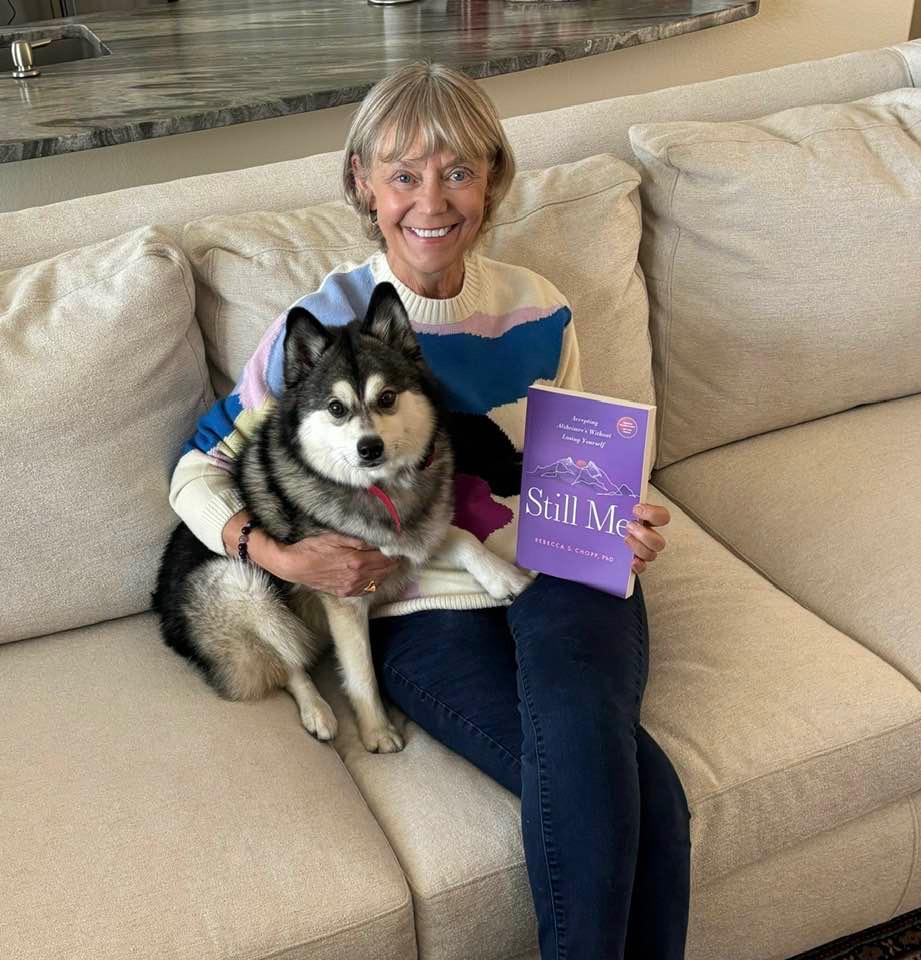
One woman’s journey with Alzheimer’s: How DU’s former chancellor is determined to delay the symptoms
Rebecca Chopp has done a lot, and her diagnosis hasn’t stopped her from doing more.

Colorado’s supersonic jet company forges ahead
Air travel will be much speedier in the future if the Colorado-based company Boom Supersonic has its way.
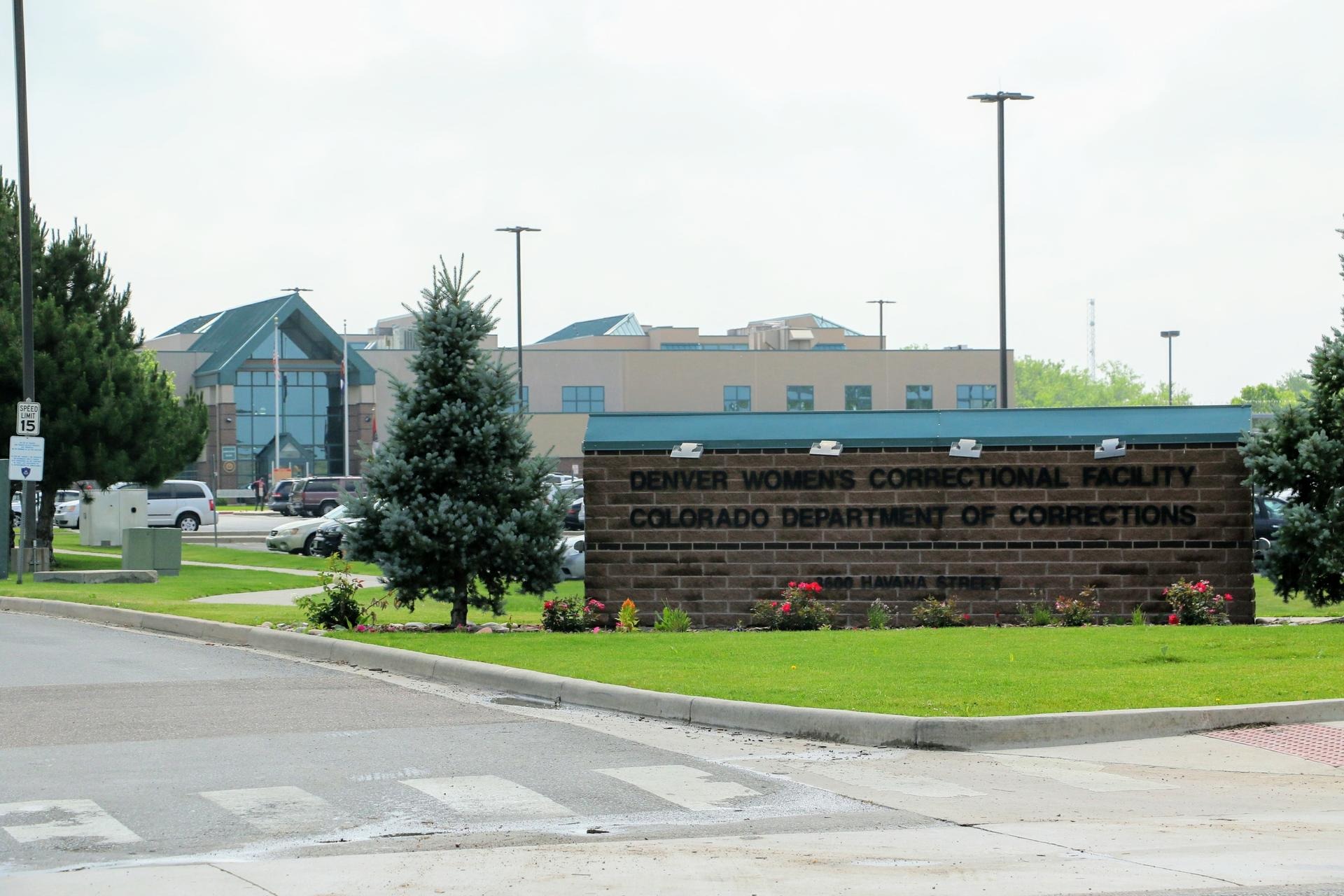
Colorado could become a national model for housing transgender women in prison
The move is part of a legal settlement in a case brought by 400 trans women who are or have been in the state’s prisons.
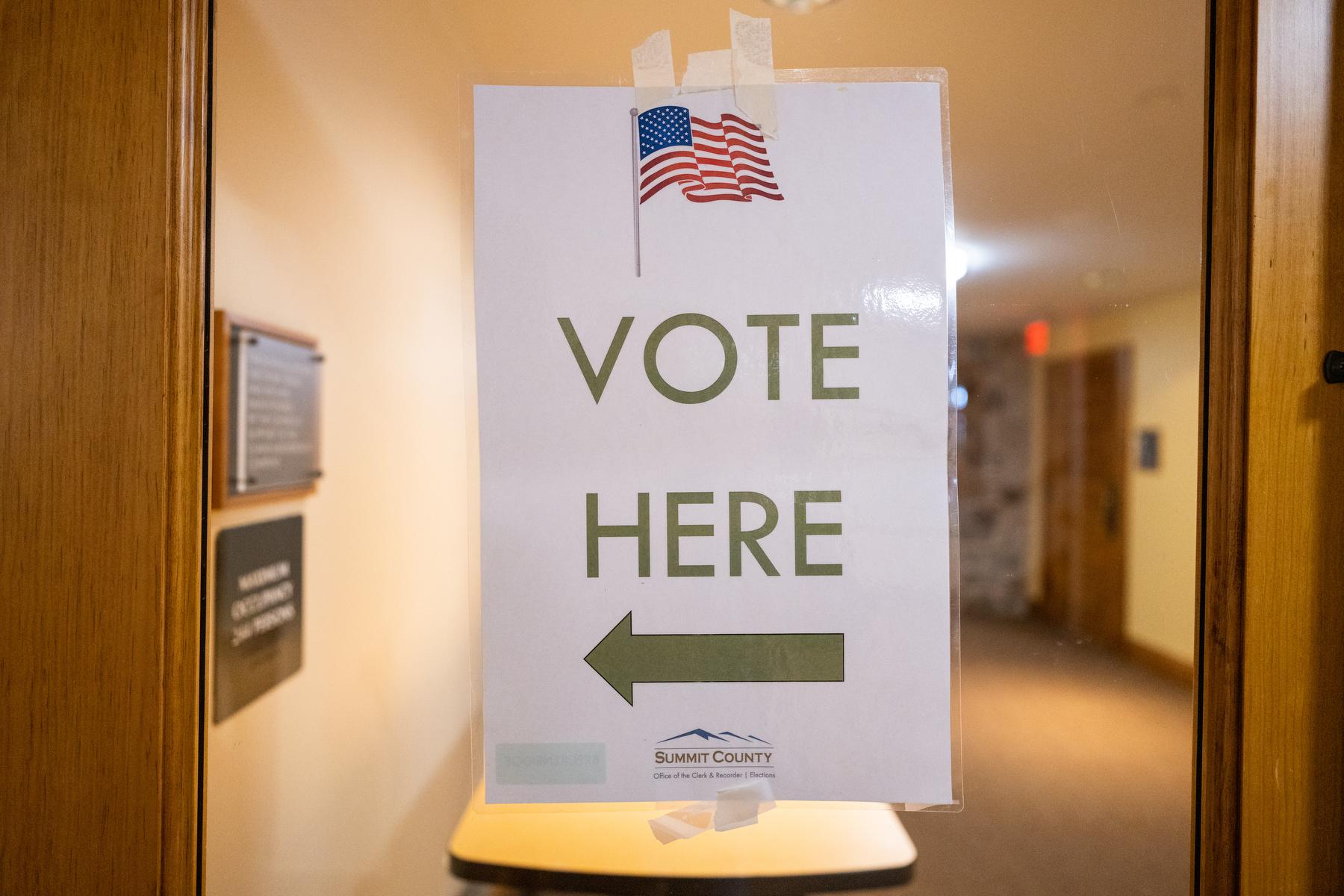
Voters OK with dishonesty from candidates they support, a new study finds
A University of Colorado Boulder professor teamed up with researchers from around the country to figure out why voters allow for “moral flexibility.”
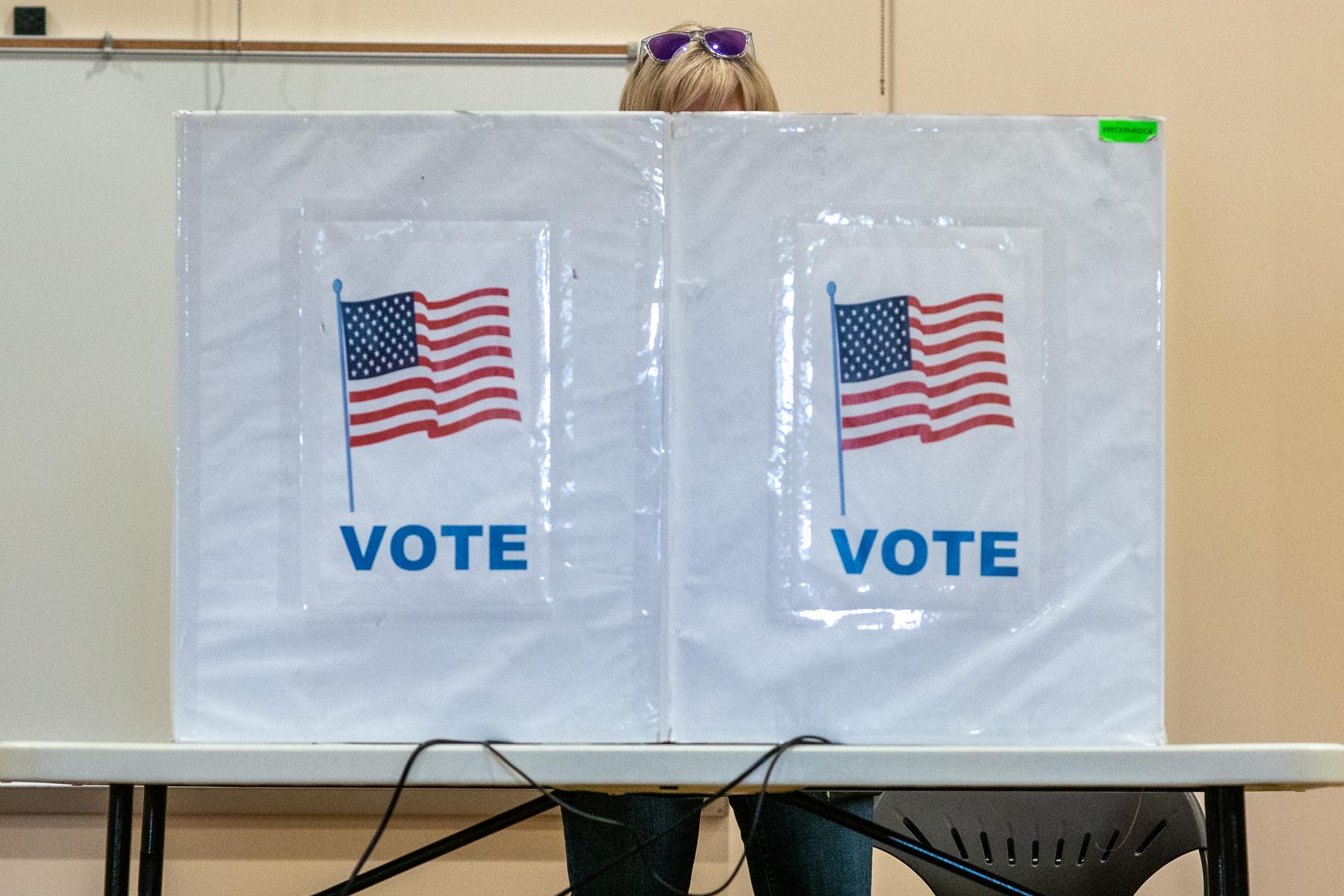
April 1, 2024: Why people are willing to accept political lies; It’s not too late to plan for the total solar eclipse
A recent study found people are willing to accept false or misleading statements if they align with their political ideology. We talk with a CU Boulder researcher about the findings.

Total Eclipse 2024: What to expect, how to view the partial eclipse in Colorado and more
To catch totality, you’ll have to leave Colora

Colorado could become first state to set price cap for pharmaceutical drug
Many Americans experience sticker shock when they pay for certain prescription drugs. Americans pay the world’s highest prices for drugs even though many are developed with money from the U.S. government.
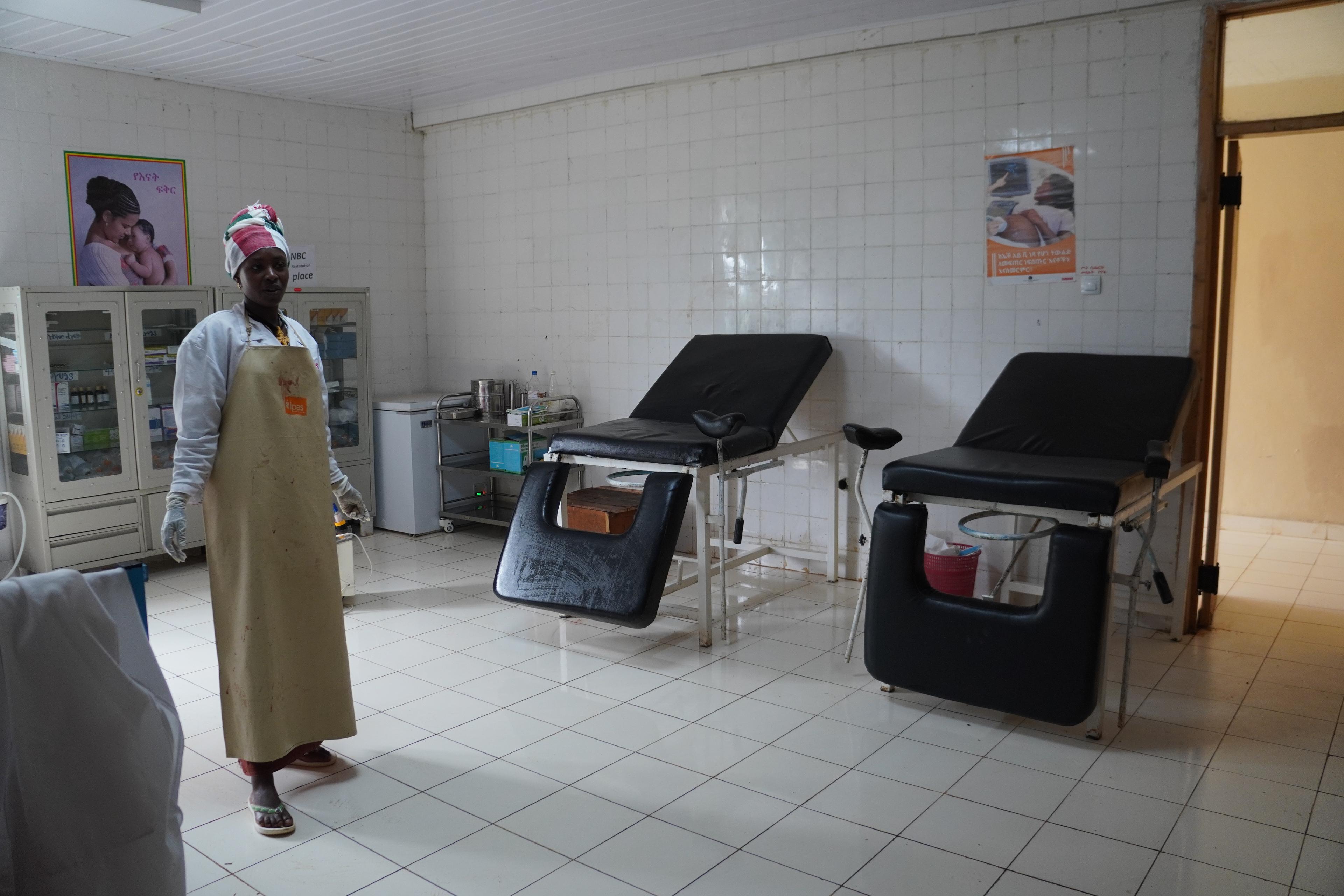
Denver doctor returns to Ethiopia to make childbirth safer
As a young girl growing up in rural Ethiopia, Dr. Migs Muldrow helped out at a village health clinic. Muldrow, who lives in Denver, remembers being struck by how many women died or were severely injured while giving birth. Decades later, she’s working in Ethiopia to make labor and delivery safer. Dr. Muldrow is being honored today for her work at the International Women’s Day event in Denver.
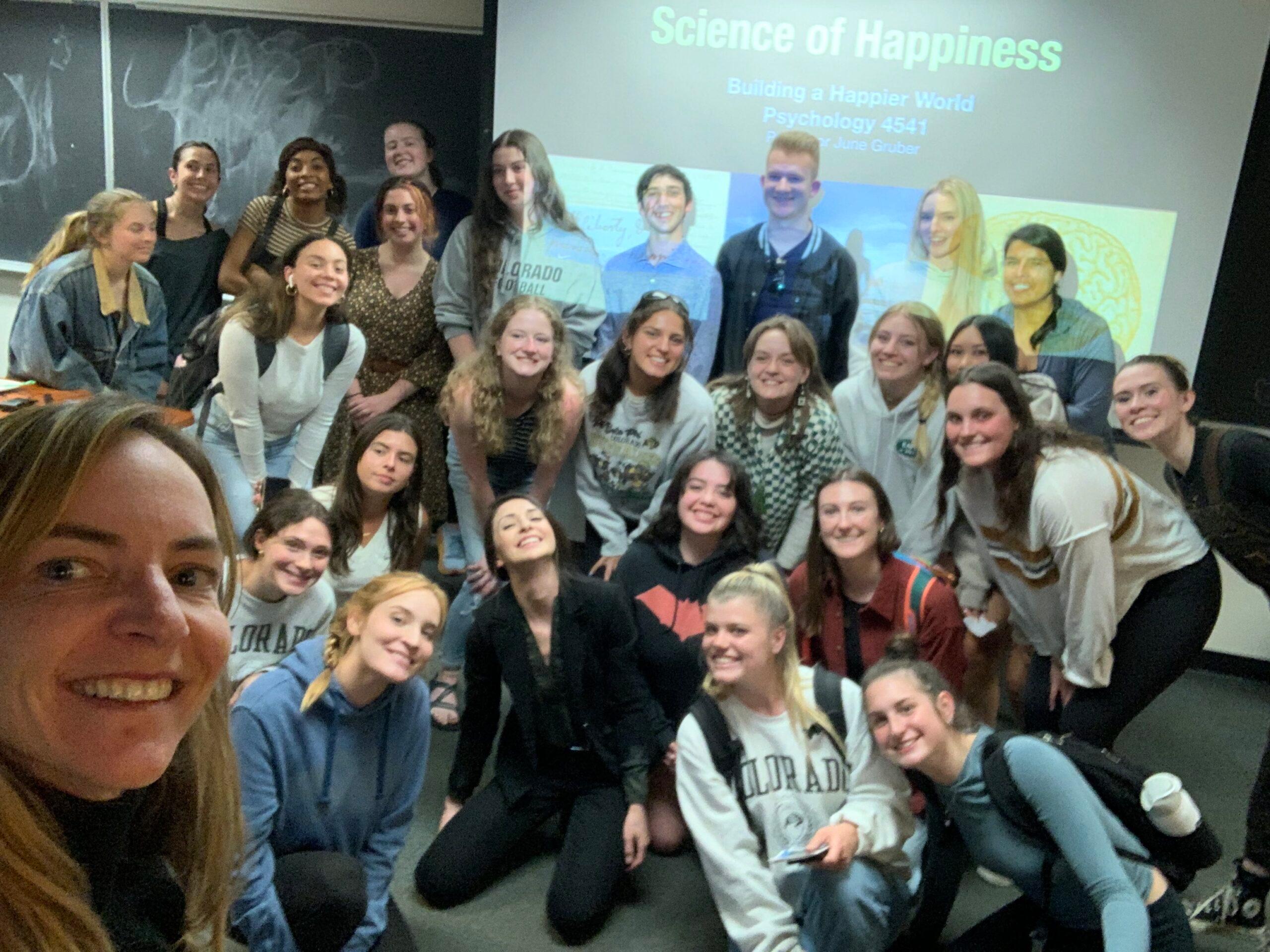
Students give rave reviews to CU Boulder’s ‘happiness class’
Colleges and universities across the country are exploring the research behind happiness: how to achieve it and how striving for it too much can backfire. This was the inaugural year of CU Boulder’s class “Science of Happiness,” taught by June Gruber, an associate professor of psychology. The homework consisted of exercises, including a gratitude journal students kept.
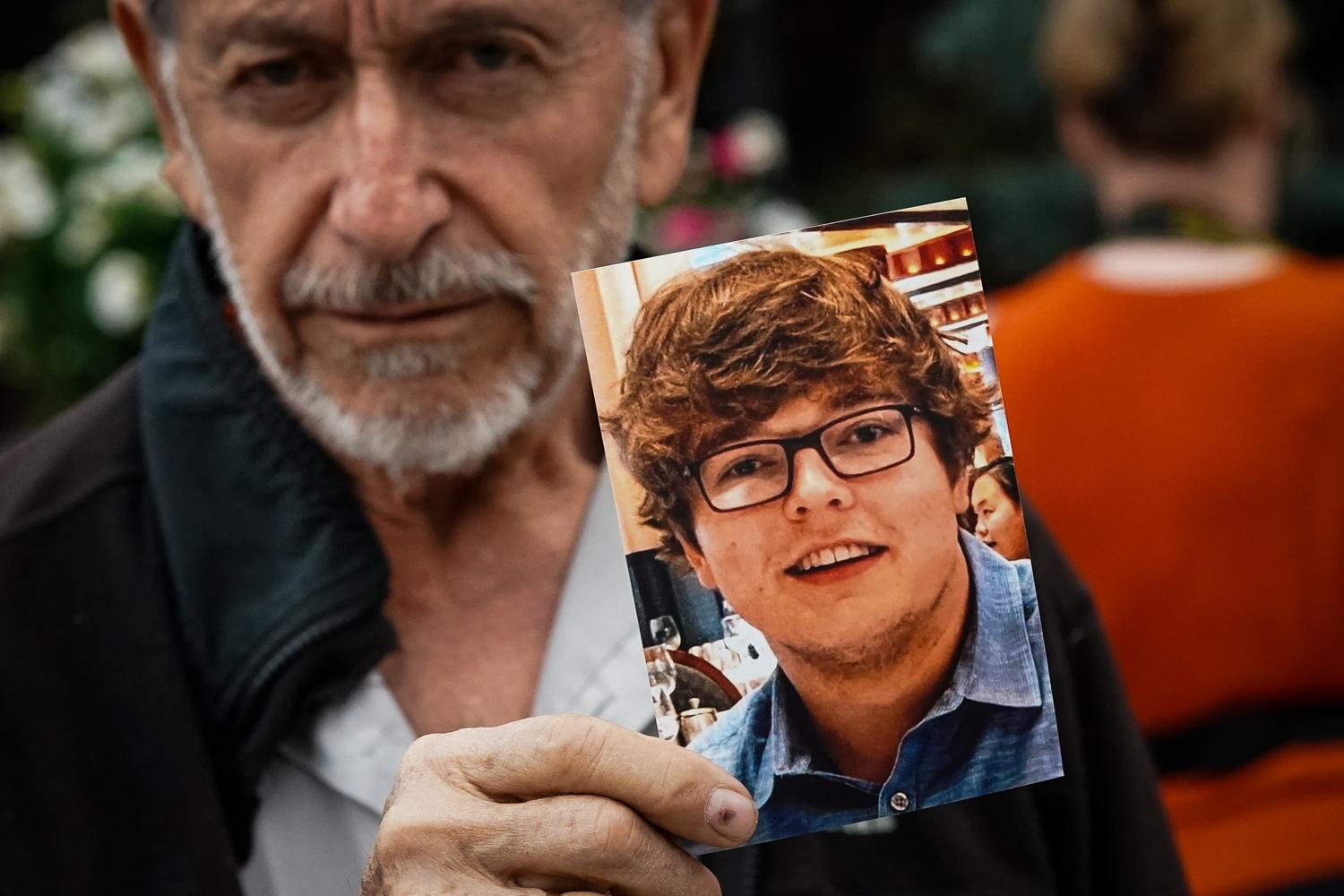
Interview: The lawyer who represented the families of Elijah McClain and Christian Glass talks police settlements and reform
“Sheneen McClain, through her courage, was able to change the laws in Colorado.”

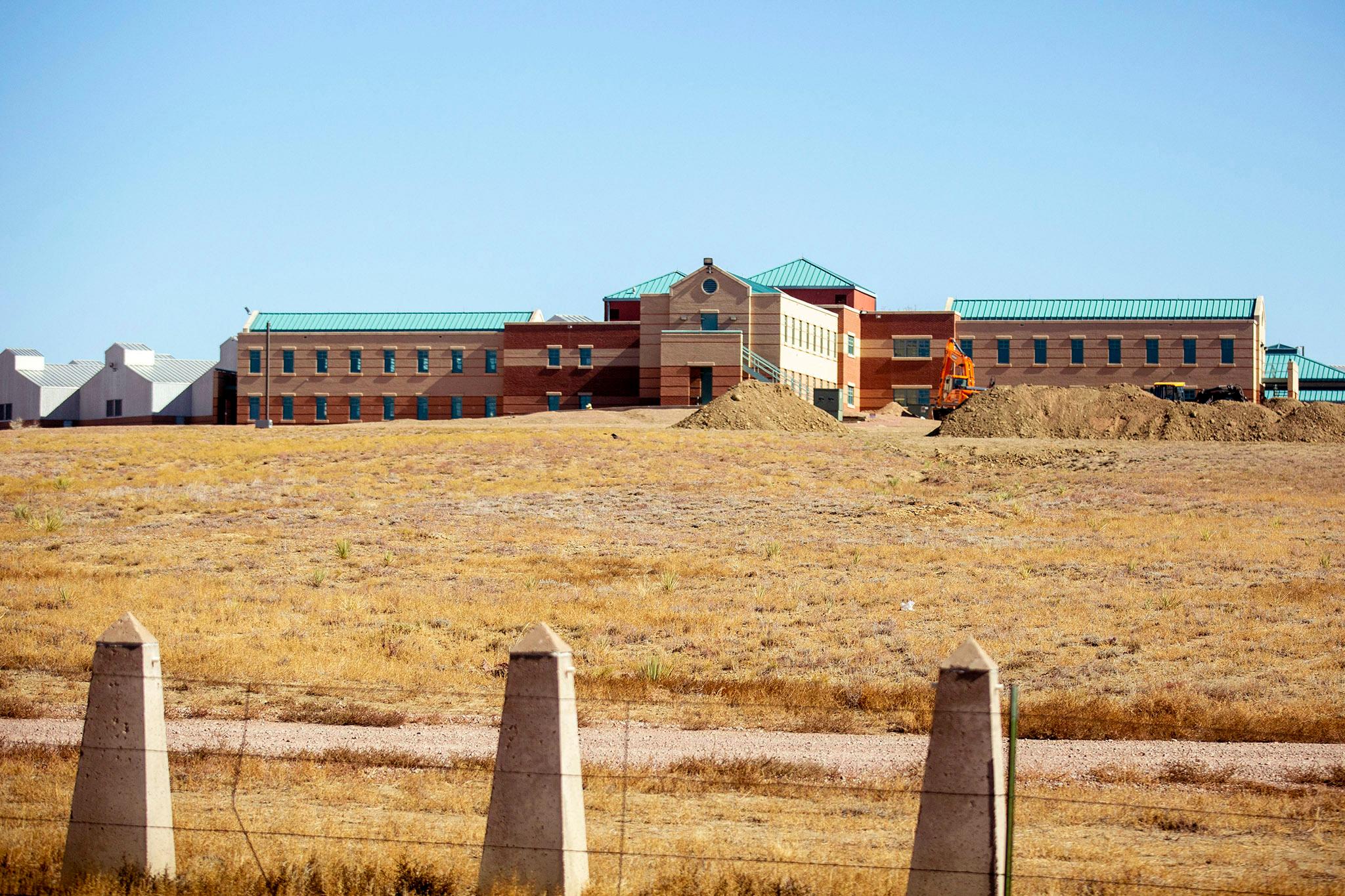
New book paints a picture of two men who spent decades in solitary confinement
The book “No Human Contact” examines what to do with people in prison who are deemed dangerous, and whether isolation is cruel and unusual punishment. Author Pete Earley profiles two men who spent years in solitary confinement. Their crimes were by all accounts heinous: Each man killed a prison guard and other men incarcerated with them.

We answer your Colorado gardening questions for spring planting season
From flowers to vegetables, trees to grasses, and perennial pests.

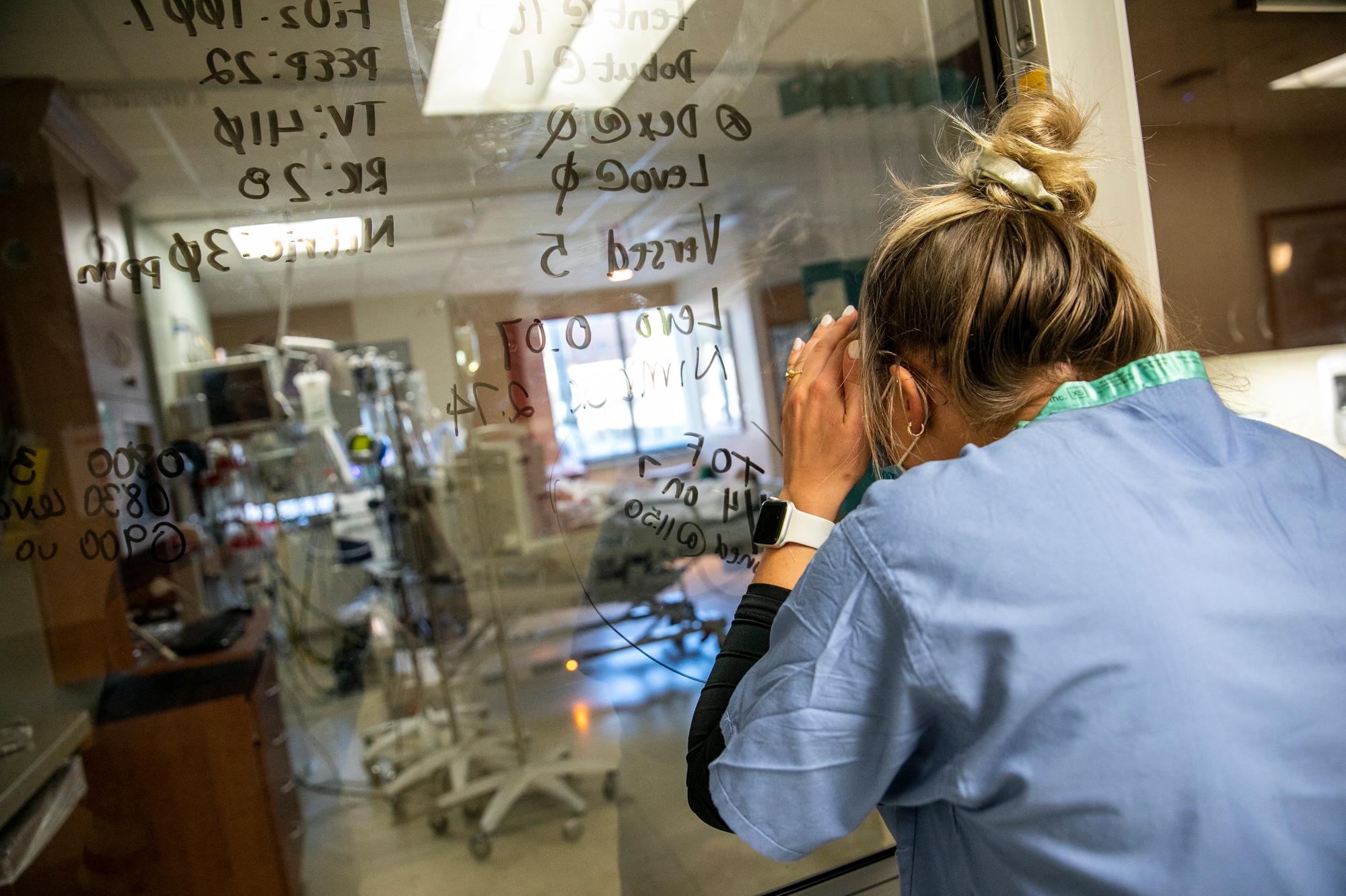
Three years into the pandemic, Colorado COVID-19 experts tell us what to expect next, from vaccines to mutations, hospital readiness and more
We checked in with some top doctors in Colorado who’ve dealt with the virus first-hand over the last three years.
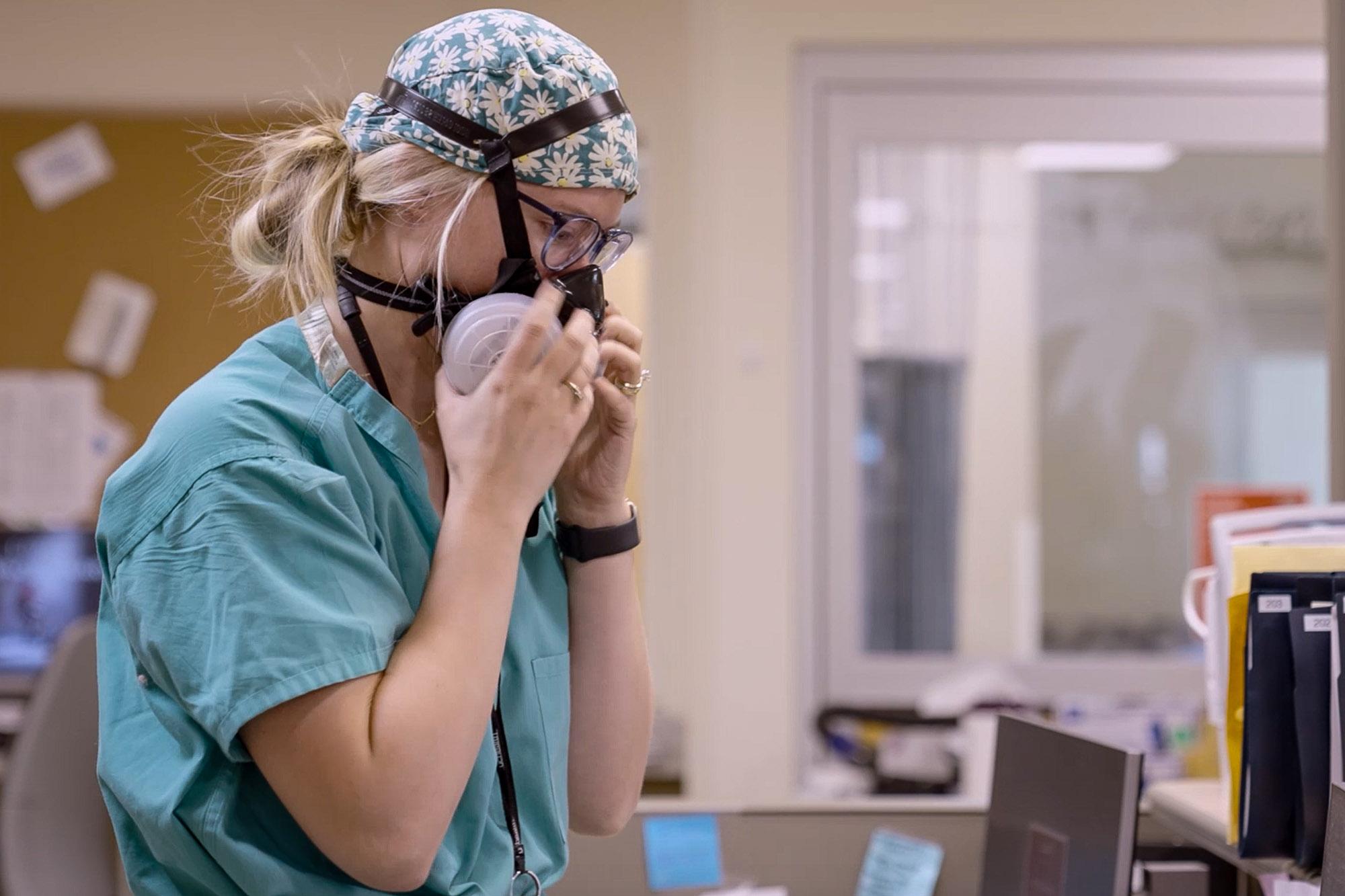
Some of Colorado’s top docs share their advice as COVID enters new chapter
Just three years ago, the word “pandemic” was a distant concept, but it’s now become part of our vocabulary and our lives. We speak with three doctors who’ve been at the front lines of the COVID pandemic about how the virus continues to affect our lives, leading to hospitalizations and deaths. At the same time, most experts agree we’re in a new phase of COVID-19 where the most stringent measures are no longer necessary.
